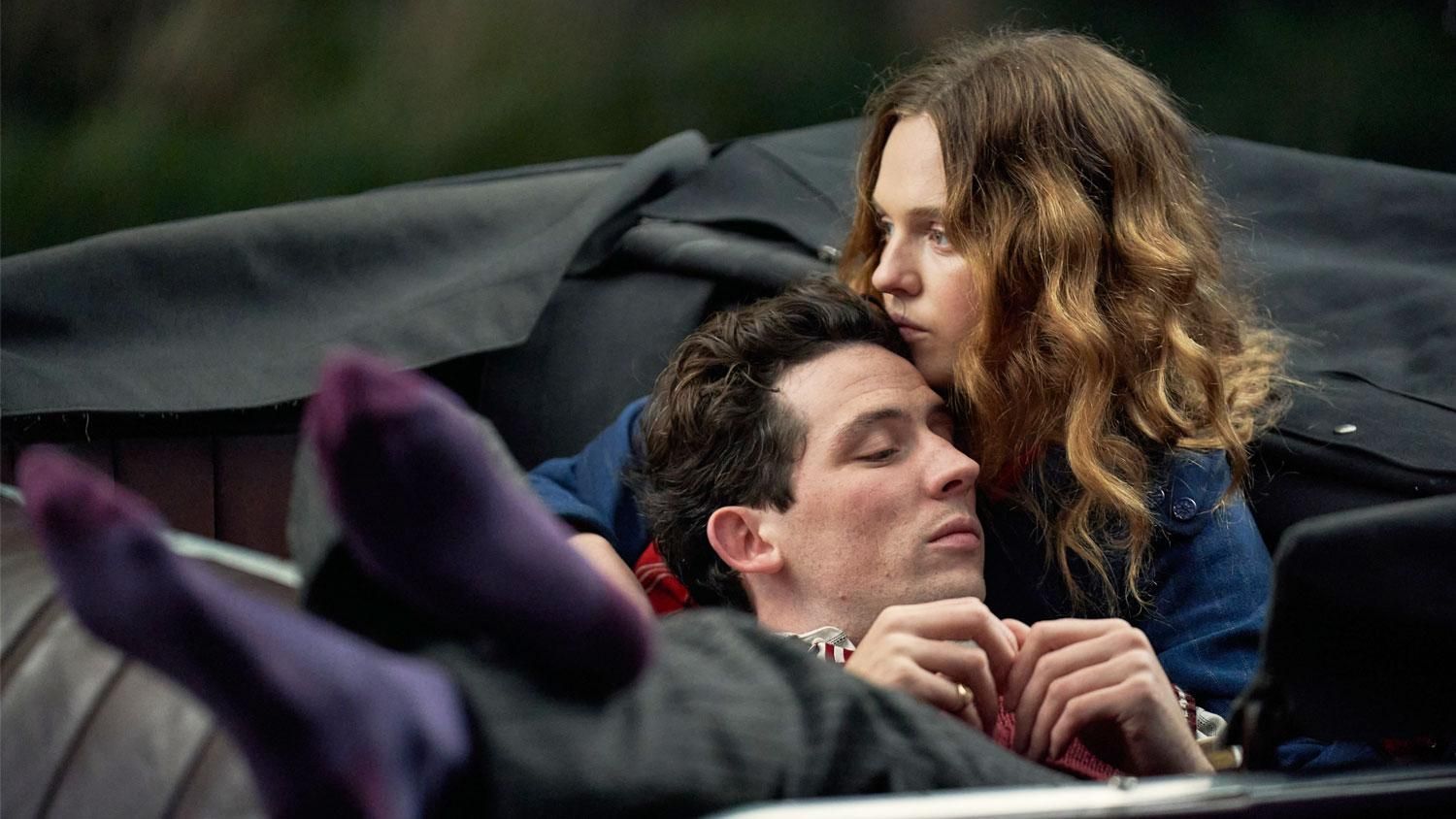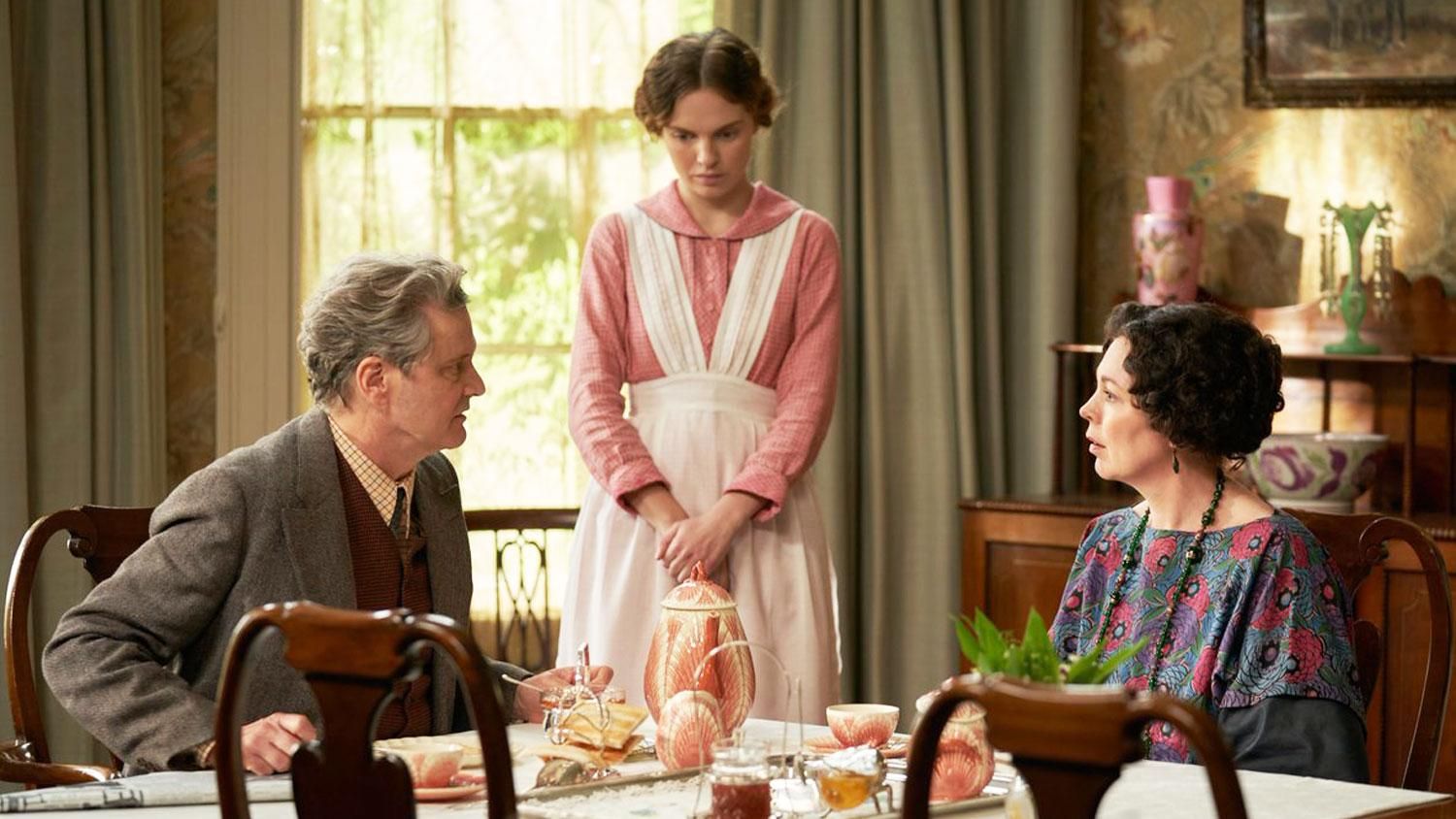
Mothering Sunday Review Movie
Mothering Sunday Review
There's plenty to enjoy in French director Eva Husson's Mothering Sunday, an adaptation of Graham Swift's novella from 2016. Based on a shady relationship between two floors Husson's film steers clear of the dreadful costume drama pitfalls by employing lyrical filmmaking with a carnal honesty and a non-linear style that flies around three frames. It's not sure if it gets in the midst of the protagonist, and fails to deliver an emotional climax but it's an engaging, absorbing film with a heady and intoxicating ambience.

The action is centered around the hot and intense relationship among housekeeping assistant Jane Fairchild (Odessa Young) and the upper-crust son of the neighboring families Paul Sheringham (Josh O'Connor) principally through the prism of a sexually sexy afternoon Mother's Day, 1924. Jane is the housemaid for Mr Niven and Mrs Niven (Colin Firth, Olivia Colman) and while she's an orphan, gets Mothering Sunday off to do whatever she likes. Jane decides to jig with Paul who's familyand her their fiancee Emma (Emma D'Arcy) is having lunch with Nivens in Henley. From the trailer , it's easy to think that this movie is like Downton. However, the sex scenes are full of body fluids that appear on sheets. This is enough to make Maggie Smith's Dowager Countess feel faint.
The film is beautifully made but the movie does not really get the viewer inside Jane's head.
Along with flitting between shagging and Sarnies, Alice Birch's (Lady Macbeth in Normal People) screenplay also makes a jump into Jane's friendship with the Philosopher Donald (Sope Dirisu ) (who has only a few options) during the 50s.The 1950s – Young isn't an enthralling 40-year-oldas well as further into the present and with Glenda Jackson portraying this character, who is a renowned author. The screenplay may be used to illustrate the day-to-day theme of the novel, this structure-based jiggery-pokery does not provide much emotional connection to the characters' dilemmas. Husson also employs stream-of-consciousness editing — the use of disconnected voiceover with images of gently-blowing fields or sunlight peeking through trees smacks of Malick — seemingly to replicate the character's interior voice in the novel. It's beautifully designed however, the film doesn't really take the viewer inside Jane's head.
Yet, Young and O'Connor make the pain of the situation evident, the latter captivating and completely devoted to her role. After Paul goes off to eat lunch, a totally naked Jane wanders around the home in a long scene, Husson shooting the actor with no hint of sexual exploitation. O'Connor, who is equally comfortable in the red, lends Paul an attractive appeal.
Perhaps the most moving section of the film is the sombre atmosphere of grief that characterized post-World World War I Britain economically, and beautifully captured by the likes of Colin Firth and especially Olivia Colman. "You are not losing anything, and you will never," she tells the orphaned Jane. The palpable parental bereavement makes the live-life-while-you-can philosophy of the youngsters all the more understandable.

